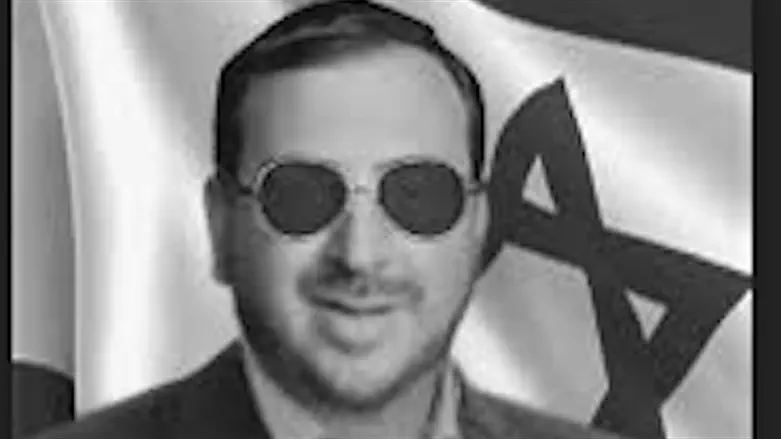
Of course, Pesach is characterized by the themes of freedom, redemption, and liberation. But there are further lessons to be learned from Shevii Shel Pesach.
In order to properly internalize the full meaning behind Shevii Shel Pesach it is very instructive to take a close look at what made the men of Nachshon’s family so distinctive. Nachshon entered the Red Sea—as the ancient Midrash revealed, up to his nose—was the ancestor of King David and was, also, the brother-in-law of Aharon HaKohen, the brother of Moshe.
Consider:
Nachshon stepped forward, when no one else would, and entered the Red Sea and demonstrated a genuine faith that we recall until today.
Boaz stepped forward, when no one else would, at significant risk to his reputation and took responsibility for Ruth, a convert from Moab, a people with whom Jewish women were prohibited from marrying their men.
When we celebrate Shavuot, the counterpart of Pesach, we read the Book of Ruth where we find out how those other members of the family who turned away from their inclination to step forward suffered for this. Ploni Almoni, Boaz’s kinsman, who would not take responsibility for Ruth loses his place in Jewish history and we do not even know his name: Ploni Almoni being Biblical Hebrew for “so and so.”
But Ruth’s first father-in-law, Elimelech, fares far worse than Ploni Almoni. When he left the Land of Israel for Moab, he was a community leader and when the times were rough, due to a drought, he took his wife, Naomi, and his sons and chose exile rather than step forward and provide our people with leadership. He was never to return to Israel. He and his sons died in Moab and no future generations would come from their family line.
The lessons are clear.
Those who are blessed with the talent and fortitude to do what is necessary to help a fellow Jew, whether many people or an individual, must heed the call.
And, also the Land of Israel is precious and must be treasured. This is not just a Zionist belief: it’s a Jewish imperative.
This is Shevii Shel Pesach This is Judaism. This is Zionism.
When Herzl stepped forward and initiated the Zionist movement, he heard the call. When Jabotinsky stepped forward and proclaimed it was time to leave behind the character of the ghetto Jew and show young Jews it was far better to take a stand he heard the call.
When the young resistance fighters in the Warsaw Ghetto Uprising stepped forward to battle the Nazis 80 years ago this month, they heard the call.
When the soldiers of the Irgun and Stern Group (LEHI) stepped forward to free Israel from the British Mandate they heard the call. Would we be celebrating Yom Ha'atzmaut and the 75th anniversary of the State of Israel's founding without the heroes of the Irgun and LEHI?
When the Refuseniks and the student Jewish activists of the 1960s, 1970s, and 1980s stepped forward against the totalitarian Soviet Union they heard the call.
When Israeli intelligence operatives in the 1980s went into the heart of Africa and covertly evacuated Ethiopian Jewish refugees to Israel they heard the call. By the way, what other nation in history ever went into Africa with the sole purpose of bringing Africans out to freedom, honor, and safety? Israel did that. This is Zionism. This is Judaism. This is the love of a brother being responsible for a brother.
This is beautiful and it is eternal.
Let us be worthy of listening today for our calls and have the merit to step forward.
This is what Nachshon stood for and this is the classic message we are all obligated to take with us as we leave the Pesach season.
Moshe Phillipsis a commentator on Jewish affairs. He was a U.S. delegate to the 38th World Zionist Congress in 2020